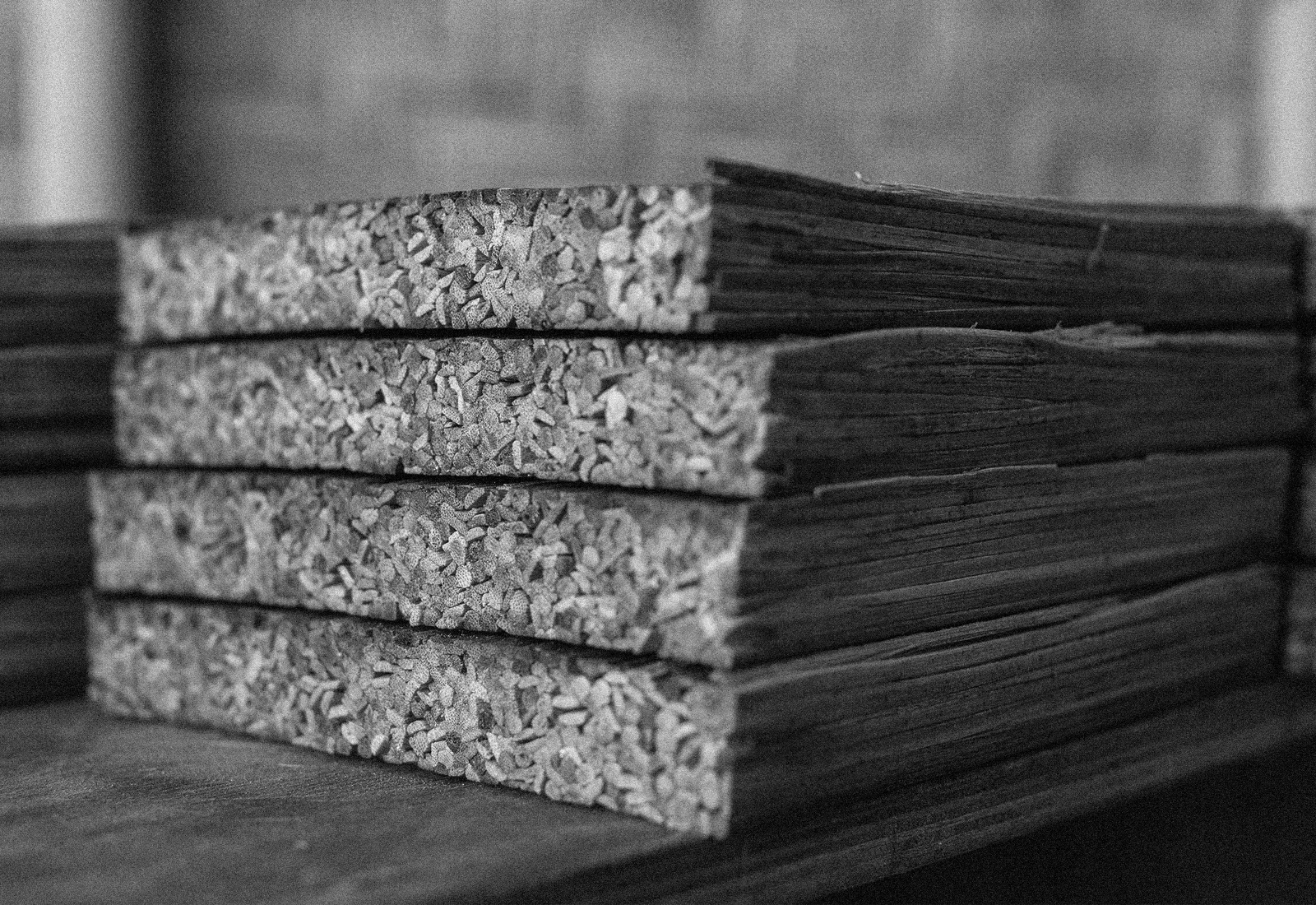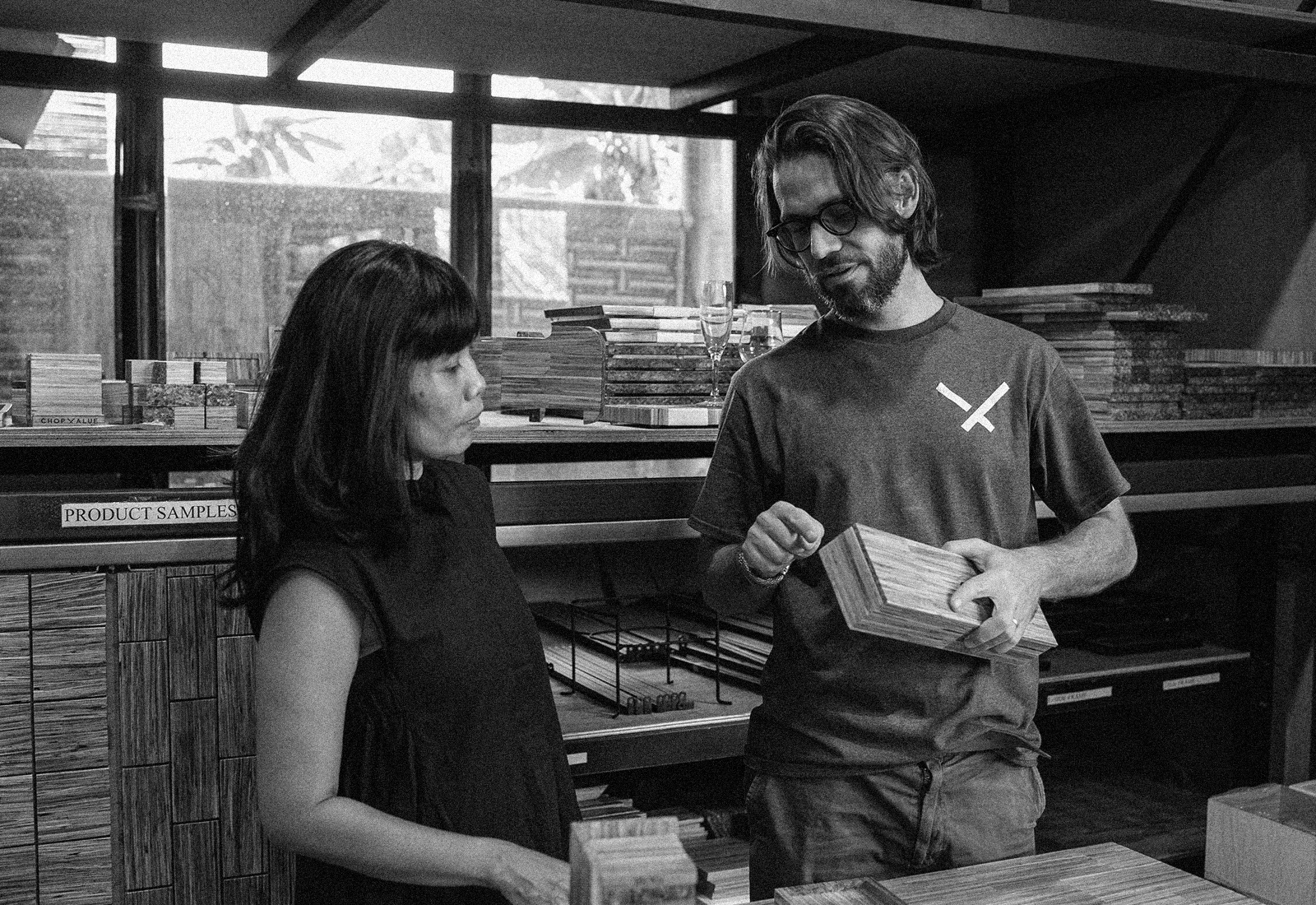WEBSITE PREVIEW – LAUNCHING AUGUST 2021

A Circular Economy Model Rooted in Local Impact
In the midst of Bali’s growing environmental challenges, ChopValue Indonesia is redefining what we consider waste. Through their Flagship Microfactory, the brand transforms used chopsticks into elegant, high-performance products — proving that discarded bamboo can become a resource, not refuse. With over 1.2 million chopsticks collected locally and a global model rooted in circularity, ChopValue is not only addressing Indonesia’s waste crisis but also leading the way in sustainable innovation and creative economy development.
Location • Instagram • Website • Feature


Sustainability Management
ChopValue integrates sustainability into every level of its operations, from its product design to its circular business model. As a certified B-Corporation in the top 5%, their efforts are measurable, scalable, and built for long-term impact — redefining what responsible business can look like in Indonesia and beyond.
Sustainable Building & Design
Their Bali Flagship Microfactory is a physical embodiment of sustainability, where local waste becomes raw material. The space is designed not just for production, but as a model of what small-scale, low-impact manufacturing can achieve in today’s economy.
Sustainable Local Sourcing
The factory sources all its materials locally by collecting used chopsticks from 169 community partners across Bali. What others throw away, ChopValue turns into timeless pieces — using local waste streams to fuel sustainable production.
Equal Local Employment
By building a local team and expanding microfactory locations throughout Indonesia, ChopValue fosters inclusive economic opportunities. Their distributed manufacturing model empowers local talent while keeping the value chain close to home.
Staff Engagement
ChopValue’s model thrives on collaboration and community involvement — from internal team members to external stakeholders. Everyone in the ecosystem plays a role in turning the idea of waste into a creative force for good.
No Single Use Plastic
Their core mission revolves around eliminating disposable culture — turning one of the most common single-use items (chopsticks) into something functional and lasting. This principle is woven into their ethos: nothing should be used once and discarded.
Waste Management
At its heart, ChopValue is a waste management solution. Their “urban harvesting” approach diverts thousands of kilos of bamboo waste from landfills, demonstrating a replicable, closed-loop alternative to traditional disposal.
Biodiversity Conservation
By reducing the amount of bamboo waste burned or dumped, ChopValue indirectly supports ecosystem health, air quality, and habitat protection. Their model protects the environment by giving value to waste before it harms local biodiversity.
Community Support
With 169 community partners in Bali, ChopValue actively collaborates with local stakeholders — fostering a creative economy and inviting everyone from restaurants to organizations to take part in the circular transformation.
Consumer Awareness
Through education, storytelling, and design, ChopValue shifts how people perceive waste. Every product carries a story of transformation, helping customers understand and take part in the journey from landfill-bound chopstick to purposeful product.
Location • Instagram • Website • Feature